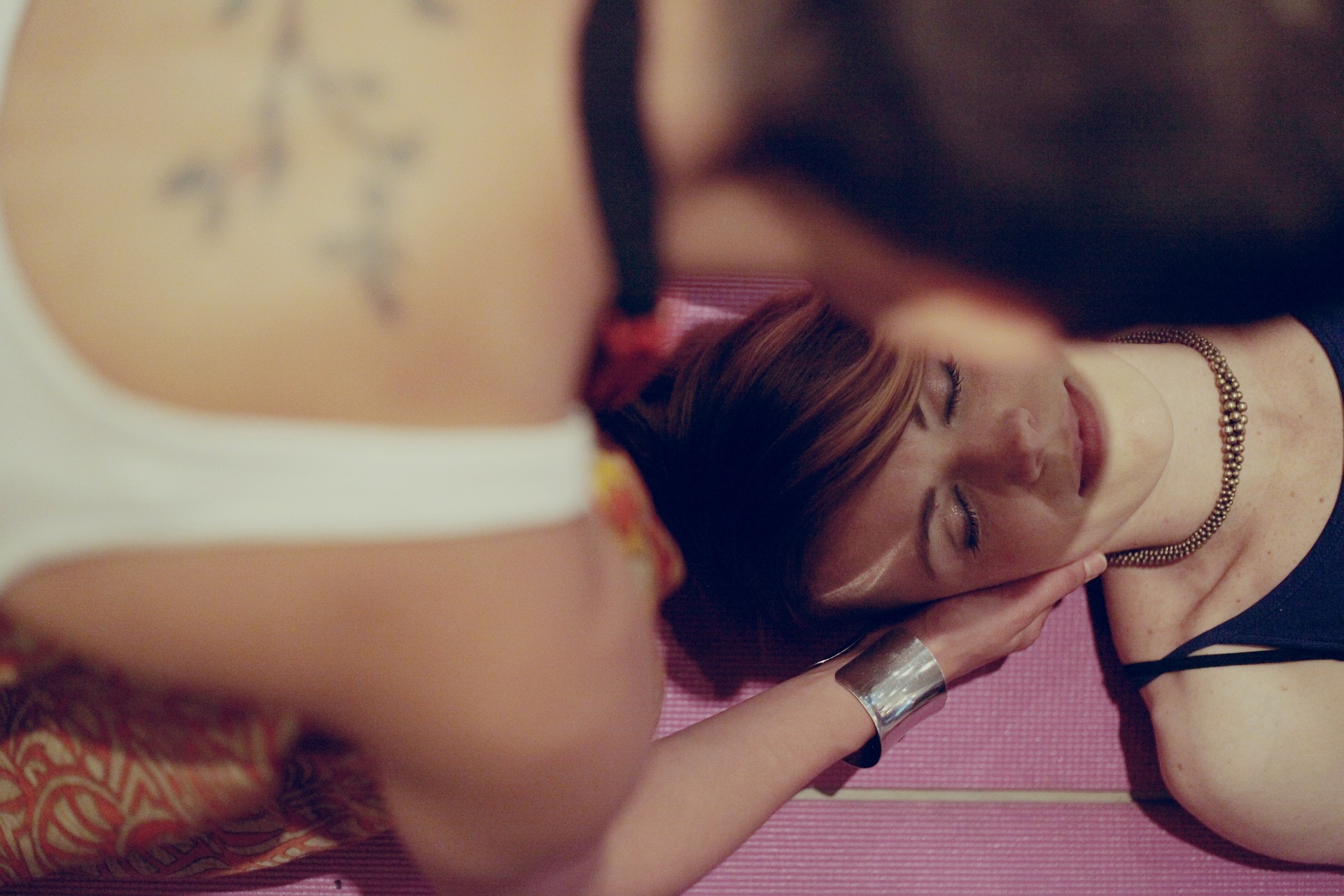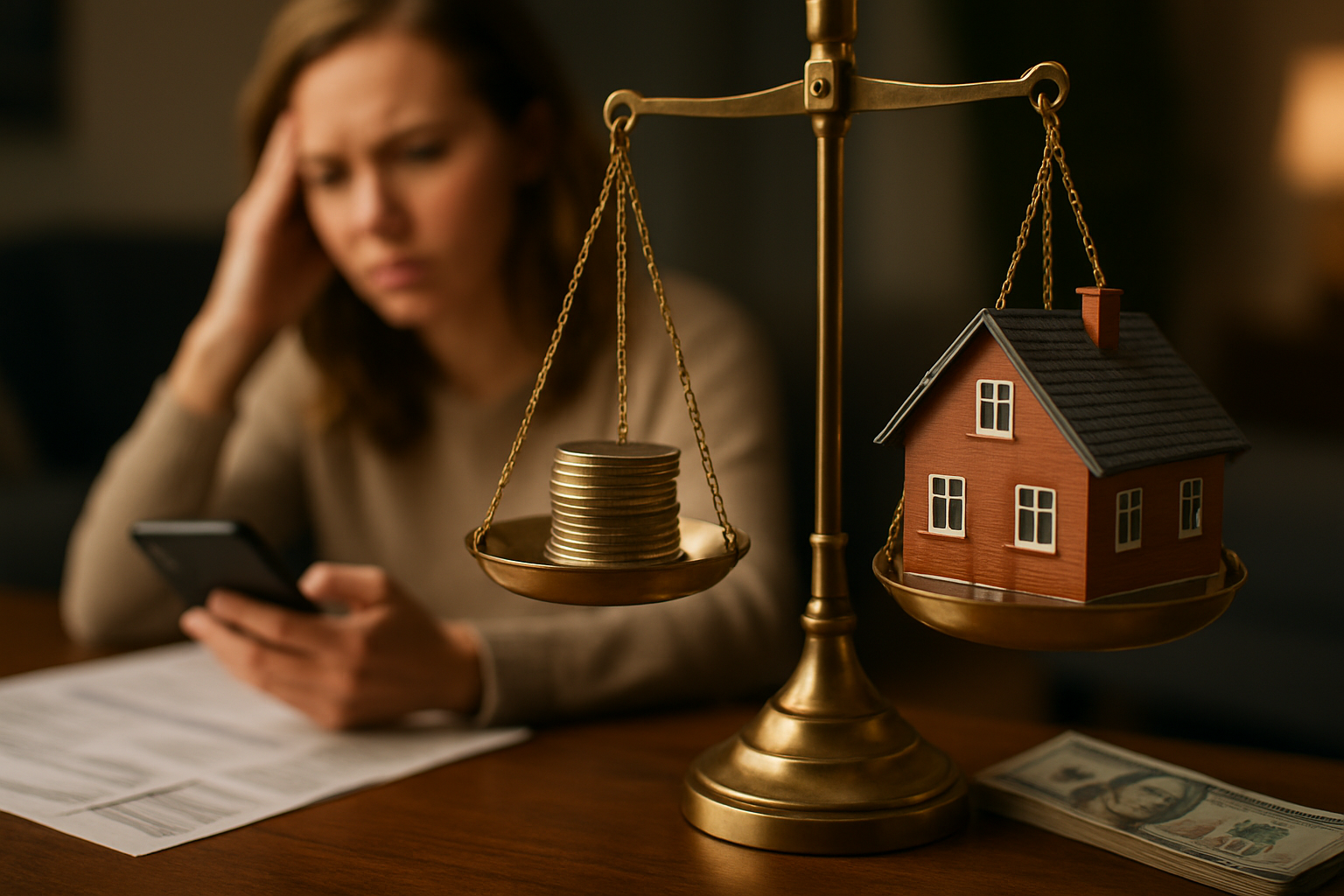Understanding The Connection Between Anxiety and Sleep Disruption
Anxiety disorders are among the most prevalent mental health issues worldwide, with millions of people grappling with various forms of anxiety each day. Simultaneously, sleep disorders, particularly insomnia, affect a significant percentage of the population. The connection between anxiety and sleep disruption has been a topic of interest among researchers and clinicians for several years. This relationship is complex, reciprocal, and can profoundly impact the overall wellbeing of an individual. Through this article, we will delve into the intricate relationship between anxiety and sleep, the scientific explanations behind it, and the potential solutions to manage and mitigate these issues.

The Interplay Between Anxiety and Sleep
The relationship between anxiety and sleep disruption is complex and multifaceted. Anxiety can lead to sleep disorders, and sleep disorders can exacerbate anxiety. This reciprocal relationship creates a vicious cycle that can be challenging to break.
Historically, anxiety has been recognized as a significant contributor to sleep disturbances. The hyperarousal and hypervigilance associated with anxiety often lead to difficulties in falling asleep, staying asleep, or experiencing restful sleep. Conversely, sleep deprivation can heighten anxiety levels, creating a feedback loop that can be particularly damaging to an individual’s mental health.
The Science Behind the Connection
The link between anxiety and sleep disruption can be traced back to our brain’s workings and the neurochemicals involved in both processes. Anxiety triggers the release of stress hormones like cortisol, which can interfere with the natural sleep-wake cycle and disrupt the body’s circadian rhythm. Furthermore, lack of sleep can lead to an overactive amygdala, the brain’s fear center, resulting in heightened anxiety levels.
Recent research has also pointed to the role of our sleep architecture – the structure and pattern of our sleep. Anxiety can disrupt the balance between rapid eye movement (REM) sleep and non-rapid eye movement (NREM) sleep, leading to less restorative sleep and more fatigue upon waking.
Impact and Reception of the Connection
The understanding of the reciprocal relationship between anxiety and sleep has significantly impacted the way these conditions are perceived and treated. It has underscored the importance of a holistic approach to mental health, recognizing that treating one condition often requires addressing the other.
The reception to this understanding has been largely positive, with many clinicians and researchers embracing this comprehensive approach. It has also led to the development and promotion of interventions that simultaneously target anxiety and sleep disorders, such as cognitive-behavioral therapy for insomnia (CBT-I) and mindfulness-based stress reduction (MBSR).
Emerging Trends in Addressing Anxiety and Sleep Disruption
One of the most promising trends in dealing with the intertwined issues of anxiety and sleep disruption is the use of digital health interventions. Mobile apps and online programs delivering CBT-I, MBSR, and other therapeutic approaches have seen a significant surge in popularity. These digital tools offer accessibility, affordability, and scalability – making mental health resources more readily available to those who need them.
Another emerging trend is the increased interest in natural remedies and lifestyle changes to manage anxiety and improve sleep. Practices like yoga, meditation, and deep breathing exercises have gained mainstream acceptance. The role of nutrition and physical activity is also being explored, with some evidence suggesting that a healthy diet and regular exercise can help regulate sleep patterns and reduce anxiety levels.
Looking Forward: The Future of Anxiety and Sleep Research
Despite the progress made in understanding and addressing the link between anxiety and sleep disruption, there is still much to learn. Future research is likely to delve deeper into the neuroscience of anxiety and sleep, shedding light on the precise mechanisms that drive this connection.
Furthermore, as digital health interventions continue to evolve, researchers will need to evaluate their effectiveness rigorously and explore ways to enhance their impact. There is also a need for more research into preventive strategies and early interventions, to disrupt the vicious cycle of anxiety and sleep disruption before it escalates.
In conclusion, the connection between anxiety and sleep disruption is a complex but crucial aspect of wellbeing. Recognizing and addressing this link can significantly improve the mental health landscape, bringing us closer to a future where everyone has access to the help and support they need to lead fulfilling, healthy lives.




